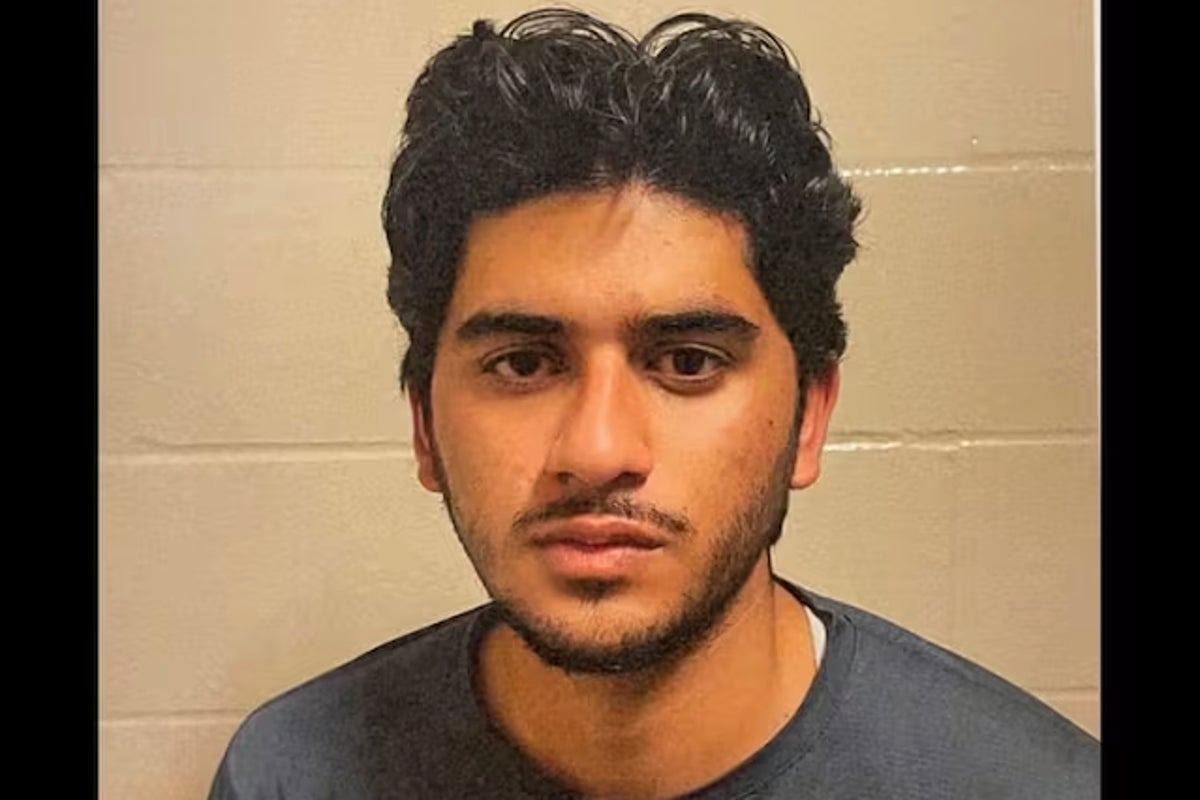U.S. Extradites Pakistani National for Alleged Terror Plot Against Jewish Community
In a significant development concerning national security and religious safety, the U.S. has extradited Muhammad Shahzeb Khan, a 20-year-old Pakistani national, accused of orchestrating an ISIS-inspired terror attack targeting Jewish individuals in New York City. His arrival in the U.S. marks a crucial step in addressing rising threats against religious minorities amid an alarming increase in antisemitism.
Extradition from Canada
Khan’s extradition from Canada, announced by the Justice Department, positions him to appear in a New York court this Wednesday. He is charged with serious offenses, including attempting to provide material support to a foreign terror organization and attempting to commit an international act of terror. If convicted, he potentially faces a life sentence, underscoring the gravity of his alleged intentions.
The Plot Details
Authorities began monitoring Khan’s actions last year when he was arrested near Ormstown, Canada. It was there that he allegedly began laying the groundwork for a violent attack, demonstrating an unsettling commitment to carrying out his destructive plan. According to U.S. Attorney Jay Clayton, Khan aimed to inflict maximum harm on the Jewish community using automatic weapons. Clayton emphasized that law enforcement’s persistence was pivotal in thwarting this deadly scheme.
Communication with Undercover Officers
Khan’s descent into extremist ideology can be traced back to November 2023, when he began utilizing social media and encrypted messaging apps to signal his support for ISIS. This digital trail led to communication with undercover law enforcement, during which Khan expressed his willingness to engage in an act of terror as a means of solidarity with the group. His interactions with these officers revealed alarming details about his plans.
Target Selection
Initially contemplating an attack on “Israeli Jewish” Chabad religious centers in various U.S. cities, Khan and his accomplice later decided to focus on a well-known religious hub in New York City. This site was chosen specifically for its proximity to a large Jewish population, indicating a chilling intent to cause mass casualties. In conversations, Khan expressed a clear determination: “Even if we don’t attack an event, we could rack up easily a lot of Jews,” highlighting his calculated approach to targeting innocent individuals.
Motivations and Timing
The planned attack was reportedly timed to coincide with the one-year anniversary of the October 7, 2023, Hamas attack on Israel, signifying a desire to capitalize on the heightened emotional and political climate surrounding that date. Khan believed that the success of his plan would result in the largest attack on U.S. soil since 9/11, a statement that reflects the dangerous ambition behind his intentions.
Rising Antisemitism
This case is not an isolated incident; it arrives on the heels of a broader surge in antisemitic violence and harassment in the United States. Following the recent Israel-Hamas war, officials and advocates have reported escalating threats against Jewish communities. Just days before Khan’s extradition, another individual, Mohamed Sabry Soliman, was charged with a federal hate crime for targeting Jewish activists. This troubling pattern of antisemitism suggests a need for heightened vigilance and proactive measures to protect vulnerable populations.
Law Enforcement Collaboration
The successful interception of Khan’s plot underscores the crucial role of collaboration among various law enforcement agencies. The arrest showcased not only their dedication to preventing acts of terror but also their commitment to combating rising antisemitism in an increasingly volatile landscape.
As the legal proceedings unfold, the implications of this case reach far beyond the courtroom, touching on critical discussions around national security, religious tolerance, and the fight against terrorism. The vigilance demonstrated by authorities serves as a vital reminder of the ongoing challenges faced by communities across the U.S. in protecting their rights and safety amidst growing threats.


